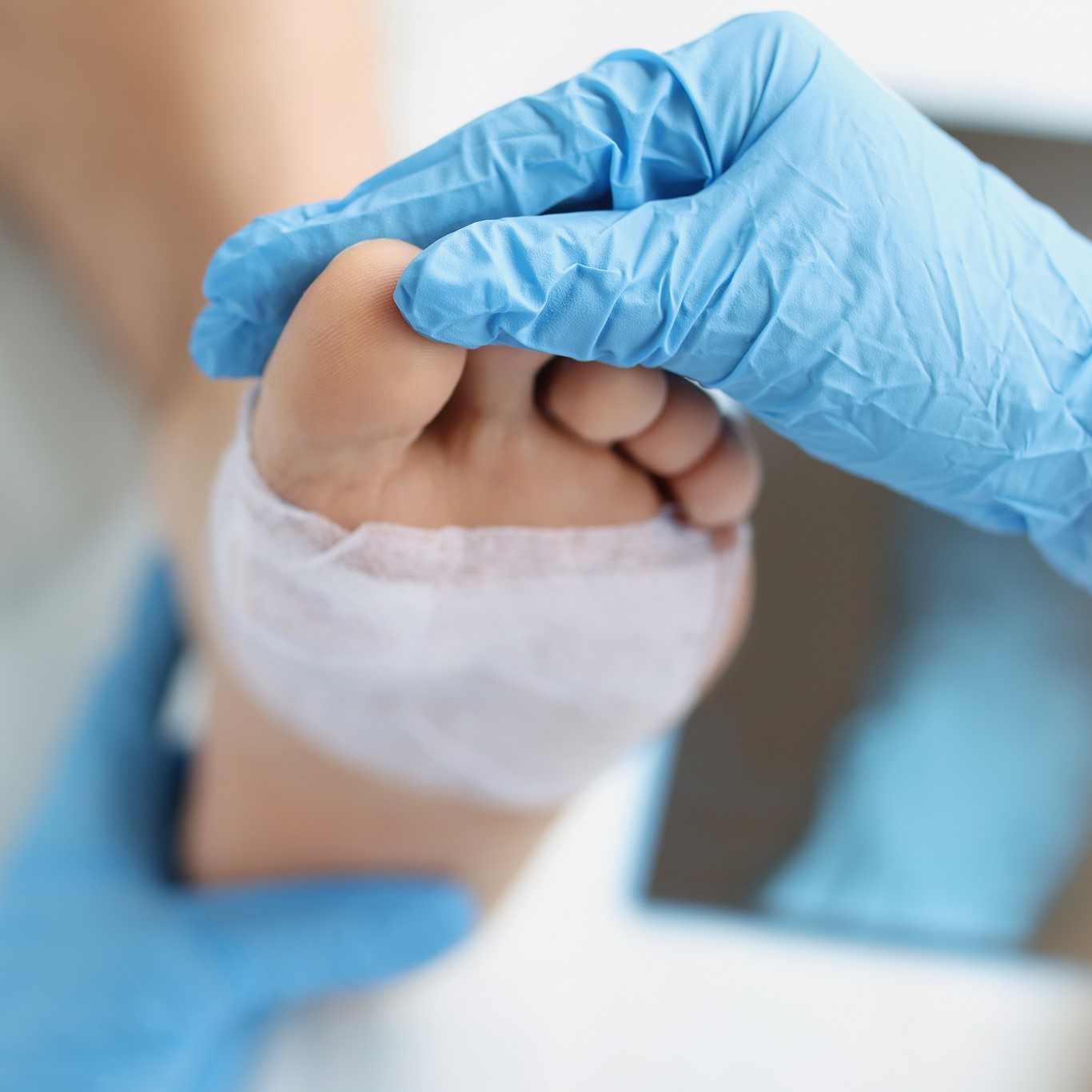17 July 2024
 Around 20,000 Australians with diabetes-related foot ulcers could benefit from a new project trialling a supervised exercise program to speed up wound healing.
Around 20,000 Australians with diabetes-related foot ulcers could benefit from a new project trialling a supervised exercise program to speed up wound healing.
Contrary to concerns that movement will delay or impair wound healing, there is emerging evidence that gentle physical activity does the opposite by increasing blood flow to the ulcer and promoting healing.
University of South Australia nursing lecturer Dr Lisa Matricciani will lead a $713,532 Federal Government project to test this hypothesis in a 12-week trial involving the Central Adelaide Local Health Network (CALHN).
“Diabetes is a serious health concern in Australia, affecting more than one million people, 30% of whom will develop a foot ulcer in their lifetime,” Dr Matricciani says.
“A combination of obesity and lack of exercise is expected to drive that number upwards in coming decades, contributing to a staggering $14.6 billion health bill in Australia.
“Unfortunately, the evidence we have gathered to date shows that people with diabetic foot wounds are alarmingly inactive, and this is not helping their recovery.”
Dr Matricciani says both clinicians and patients need more evidence to understand how effective exercise can be, addressing any concerns they may have that physical activity could impede wound healing.
Partnering with CAHLN, Dr Matricciani and UniSA colleagues will develop a supervised exercise program for people with a diabetes-related foot ulcer, using artificial intelligence and in-shoe sensors to assess wound healing over a 12-week period.
Blood glucose levels and wellbeing will also be tracked among the participants and compared with a control group who will not undertake any exercise.
“We are keen to see the effect of a supervised, appropriately prescribed exercise program on people with diabetes.
“Diabetes-related foot wounds are one of the most costly and debilitating complications of diabetes, requiring months to heal, and often accompanied by a decline in health. We are confident this trial will provide important insight towards an innovative solution to a growing health problem in Australia.”
The project is among Medical Research Future Fund grants announced this month to tackle diabetes and cardiovascular disease.
…………………………………………………………………………………………………………………………
Contact for interview: Dr Lisa Matricciani E: lisa.matricciani@unisa.edu.au
Media contact: Candy Gibson M: +61 434 605 142 E: candy.gibson@unisa.edu.au




